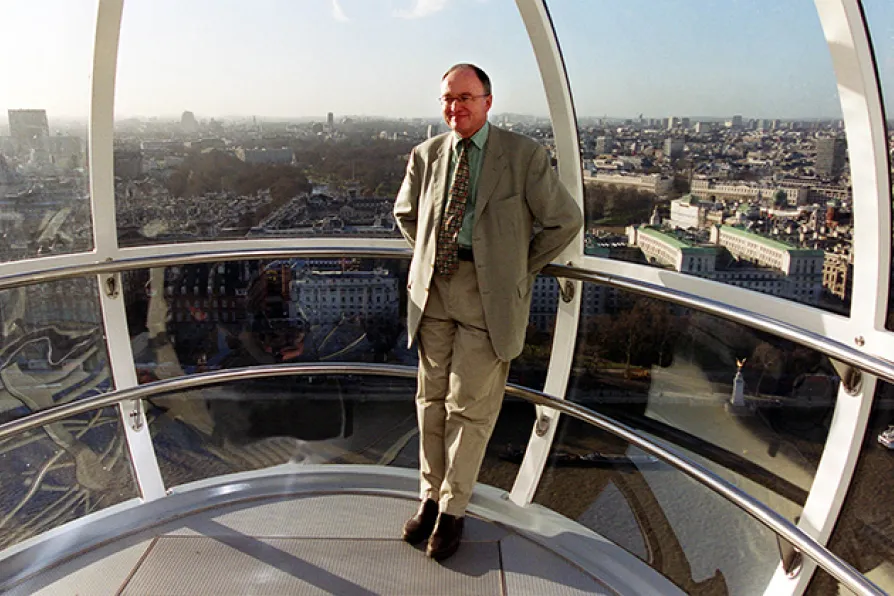RAMZY BAROUD offers six reasons why Netanyahu is prolonging conflict in the Middle East

 Ken Livingstone pictured on the London Eye in 2000
Ken Livingstone pictured on the London Eye in 2000
IT IS hard to believe that last year marked 20 years since I became mayor of London and that this year marks 40 years since the Labour left gained the leadership of the Greater London Council (GLC).
The Morning Star gave great support in both of these struggles and although the world — and British politics — are very different to 20, yet alone 40, years ago our socialist principles are still just as important in both understanding the key challenges facing us and developing policies that can tackle them — for the future of the planet and its population.
While looking at both experiences there are of course many things I would do differently and we certainly made mistakes, but I am still deeply proud of both periods of running London from the left. Additionally, where we could, we also sought to give a platform and support to communities and campaigns organising for a better society.

After Zohran Mamdani’s electoral win, BHABANI SHANKAR NAYAK points to the forgotten role of US communists in New York’s radical politics

The New York mayoral candidate has electrified the US public with policies of social justice and his refusal to be cowed. We can follow his example here, writes CLAUDIA WEBBE

LYNNE WALSH tells the story of the extraordinary race against time to ensure London’s memorial to the International Brigades got built – as activists gather next week to celebrate the monument’s 40th anniversary

With Reform UK surging and Labour determined not to offer anything different from the status quo, a clear opportunity opens for the left, argues CLAUDIA WEBBE










